JHA Public Testimony on Correctional Oversight
The John Howard Association (JHA) was founded in 1901 to provide critical citizen oversight of the state’s correctional facilities. As Illinois’ only independent prison watchdog organization, JHA functions as the eyes and ears of the public inside of the prison system. JHA fights for a correctional system that is fair, humane and effective. We believe that Illinois must reduce its reliance on incarceration and divert people to community-based services and resources, instead of criminalizing the many public health problems that send people into prison – like mental illness and substance abuse disorders. For those who pose an ongoing danger to our communities, incapacitation through incarceration may be necessary, but through proportionate sentences that reflect Illinois’ constitutional objective of restoring offenders to useful citizenship. Rehabilitation, skill acquisition and planning for successful reintegration into society should be the focus and goal of the system from the beginning of a person’s incarceration.
As Illinois’ sole citizen prison oversight organization, JHA believes that more oversight and scrutiny of our correctional system is critical in order to identify the unmet needs of incarcerated individuals, provide increased transparency in a profoundly troubled environment that is rife with human rights violations, and to hold our corrections system and administrators accountable for the treatment, programming, and care of the over 41,000 people in state custody today. In a state where resources are scarce, increased correctional oversight provides increased transparency and the ability to question and hold the Illinois Department of Corrections (IDOC) accountable. Over one billion dollars are appropriated annually to IDOC. In order to ensure that this money is spent on conditions that are humane, programs that are rehabilitative, and treatment of incarcerated individuals that is respectful of human rights and dignity, it is imperative that people from outside of the Department - independent monitors, ombudsman, or inspectors-- have 24/7 access to the facilities, data, and incarcerated individuals.
Time and again, history has proven that correctional agencies are organizationally incapable of preventing abuse and excesses through self-monitoring because they necessarily operate under a conflict of interest. This underscores the need for outside, independent oversight. In a closed system the potentials for abuse and mismanagement are high without consistent and thorough monitoring. Without an independent ombudsman, incarcerated individuals often have no way to protest abuses and voice concerns, and issues without going through prison staff or administrators; something they are legitimately reticent to do for fear of retaliation.
For government-appointed ombudsmen to effectively perform their jobs as independent monitors of correctional facilities and protectors of the public trust, they must have autonomy, adequate resources and protection from political retribution. Government accountability and transparency are empty promises if independent ombudsmen lack protection from political retribution and the investigative autonomy needed to publicly call out government agencies, administrators and lawmakers for mismanagement, dysfunction, and abuse in the prison system.
The role of an independent ombudsman, however, is not simply adversarial. Where government administrators are truly committed to accountability, independent ombudsmen can be a great asset, as their ability to timely identify and reliably report on emerging problems in correctional facilities give administrators and lawmakers the opportunity to take corrective action earlier to prevent or mitigate serious harm. An independent, objective correctional ombudsman in Illinois will help us achieve and ensure transparency, fairness, and system accountability.
